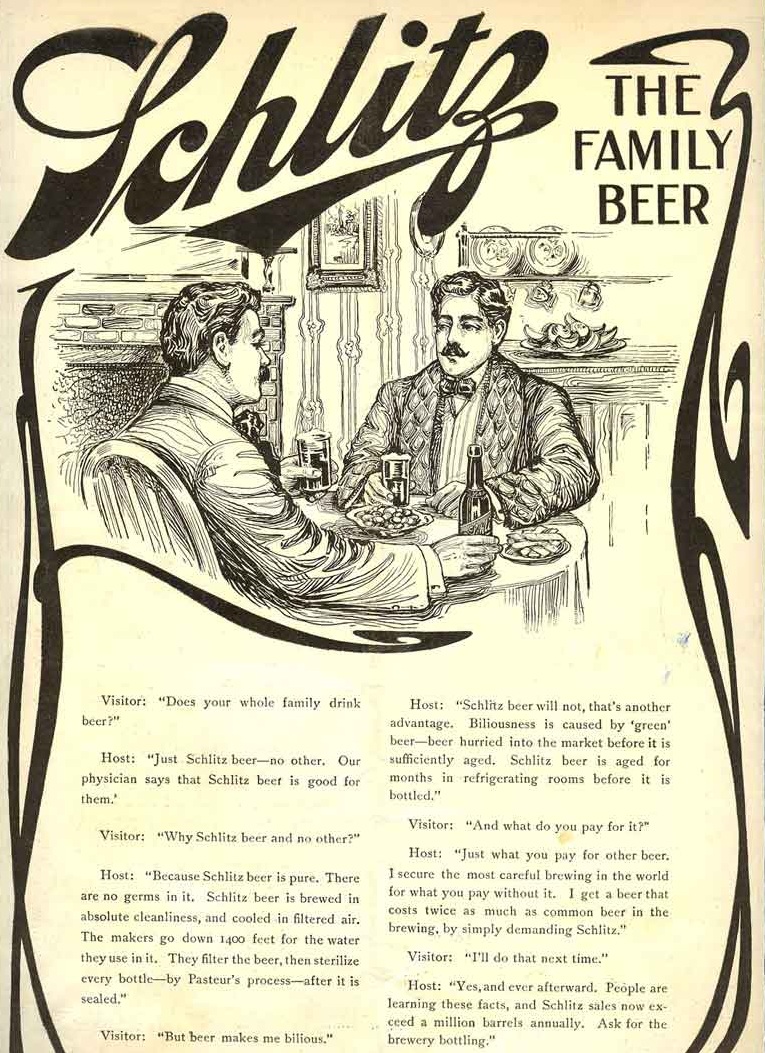100 Days of Leo Burnett, the Midwestern Master of Mascots DAY 86

Here’s today’s Leo:
“Steep yourself in your subject, work like hell, and love, honor and obey your hunches.” — Leo Burnett
I’m always puzzled by marketers who don’t deeply understand their product or their subject. I always tell people that I’m cool if they don’t want to steep themselves in the product, in the category, in the competition, and the market … but if that’s the case they should get out of marketing immediately.
If you want to be a great marketer, you must approach the discipline with the professionalism of any profession — lawyers read journals on the weekend; doctors go to CPE courses to keep their licenses; and scientists are engaged in continuous peer review. Marketers watch TV; Marketers read the biographies of the Ad Greats; Marketers watch Cannes Reels; Marketers live and breathe selling, day-in and day-out. Don’t be a part-time marketer — the field is too interesting and too rich in human motivation to be taken in half measures.
Here’s a great story from Claude Hopkins on how product understanding led to a competitive (and successful) advertising proposition. From the book “My Life in Advertising” by Claude Hopkins:
Schlitz Beer was another advertising campaign which I handled for J.L. Stack. Schlitz was then in fifth place.
All brewers at that time were crying “Pure”. They put the word “Pure” in larger letters.
Their claim made about as much impression on people as water makes on a duck.
I went to brewing school to learn the science of brewing, but that helped not at all. Then I went to the brewery.
I saw plate-glass rooms where beer was dripping over pipes, and I asked the reason for them. They told me those rooms were filled with filtered air, so the beer could be cooled in purity.
I saw great filters filled with wood pulp. They explained how that filtered the beer.
They showed me how they cleaned every pump and pipe, twice daily, to avoid contaminations. How every bottle was cleaned four times by machinery.
They showed me artesian wells, where they went 4,000 feet deep for pure water, though their brewery was on Lake Michigan.
They showed me the vats where beer was aged for six months before it went out to the user.
They took me to their laboratory and showed me the original mother yeast cell. It had been developed by 1,200 experiments to bring out the utmost in flavor.
All of the yeast used in making Schlitz Beer was developed from that original cell.
I came back to the office amazed. I said: “Why don’t you tell people those things? Why do you merely try to cry louder than others that your beer is pure? Why don’t you tell the reasons?”
“Why,” they said, “the processes we use are just the same as others use. No one can make good beer without them.”
“But,” I replied, “others have never told the story. It amazes everyone who goes through your brewery. It will startle everyone in print.”
So I pictured in print those plate-glass rooms and every other factor in purity. I told a story common to all good brewers, but a story which had never been told. I gave purity a meaning.
Schlitz jumped from fifth place to neck and neck with first place in a very few months.
That campaign remains to this day one of my greatest accomplishments. But it also gave me the basis for many another campaign.
Again and again I have told simple facts, common to all makers in the line – too common to be told. But they have given the article first allied with them an exclusive and lasting prestige.
The situation occurs in many, many lines. The maker is too close to his own product.
He sees in his methods only the ordinary.
He does not realize that the world at large might marvel at those methods, and that facts which seem commonplace to him might give him vast distinction.
That is a situation which occurs in most advertising problems. The article is not unique. It embodies no great advantages.
Perhaps countless people can make similar products. BUT TELL THE PAINS YOU TAKE TO EXCEL.
TELL FACTORS AND FEATURES WHICH OTHERS DEEM TOO COMMONPLACE TO CLAIM. YOUR PRODUCT WILL COME TO TYPIFY THOSE EXCELLENCIES.
If others claim them afterward it will only serve to advertise you.
There are few advertised products which can’t be imitated. Few who dominate a field have any exclusive advantage.
They were simply the first to tell convincing facts.
#madmen #advertising @LeoBurnett #LeoBurnett #Schlitz

